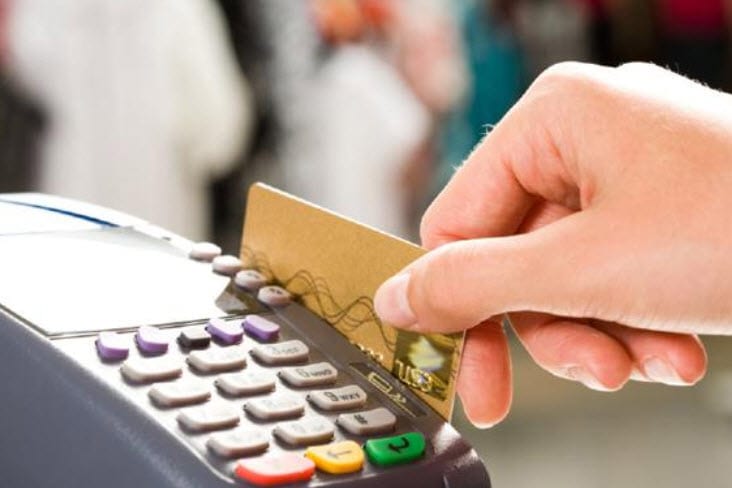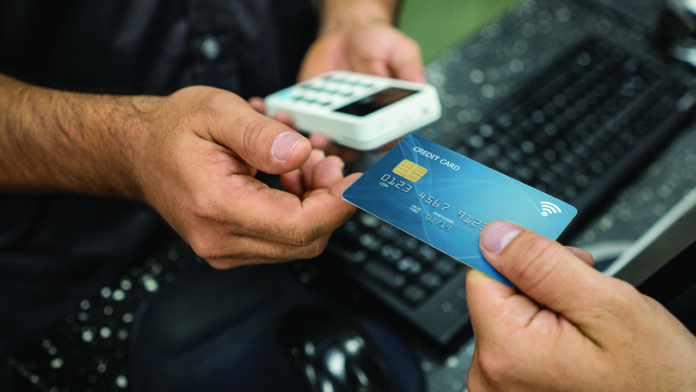In today’s digital age, many individuals face the challenge of dealing with unauthorized transactions on their credit accounts. Not only is this situation frustrating, but it can also have serious financial implications if not addressed promptly.
Understanding how to dispute these illegitimate charges in the United States is essential for protecting your financial health and maintaining peace of mind. This guide will walk you through the steps necessary to tackle unauthorized debits, ensuring that you are well-equipped to handle any unexpected situation that may arise.
Contacting your credit card issuer

The moment you spot an unapproved debit on your statement, contacting your credit card issuer should be your immediate course of action. Many credit card companies offer 24/7 customer service, allowing you to report an unauthorized transaction as soon as you notice it.
When you speak with a representative, be prepared with information pertaining to your account, such as the card number and details of the disputed transaction. This will facilitate a smoother conversation and help expedite the process. Additionally, it may be wise to ask for the representative’s name and reference number for future follow-ups.
Collecting documentation
To support your dispute, collecting and organizing relevant documentation is crucial. Gather all documents that relate to the unauthorized charge, including your account statements, any communications you may have had with the merchant in question, and any logs of attempts to contact customer support. This information will strengthen your claim and enhance the likelihood of a resolution in your favor.
Maintaining meticulous records of your communications with the card issuer is also beneficial. This includes noting dates and times of phone calls, the names of representatives spoken to, and any reference numbers provided during these interactions.
Follow-up actions
Once you have submitted your dispute and provided any requested documentation, follow-up actions are equally important. Stay in constant communication with your card issuer, checking in periodically to inquire about the status of your claim. Regular follow-ups demonstrate your commitment to resolving the issue and signal the importance of the matter to the financial institution.
If an unsatisfactory resolution is reached, you still have options. Consider escalating your grievance to the Consumer Financial Protection Bureau (CFPB) or the Federal Trade Commission (FTC) if you believe your situation warrants additional scrutiny. These institutions can investigate potential breaches of consumer rights and ensure that companies adhere to fair business practices.
Understanding your rights under the Fair Credit Billing Act (FCBA)
The Fair Credit Billing Act (FCBA) is a crucial piece of legislation that provides protection to consumers facing disputed credit card transactions, ensuring that they have the necessary rights to question unauthorized debits. Familiarizing yourself with the FCBA can empower you, allowing you to know exactly what coverage you have and how best to leverage it during dispute situations.
In addition to providing limits on liability, the FCBA establishes timelines and requirements for handling disputes. You must report any unauthorized charge within 60 days from when the statement containing the error was sent. Using this timeframe ensures you remain protected under the act, so it is crucial to remain vigilant and prepared to act swiftly upon noticing any inaccuracies in your account statement.
How the act protects you
Understanding the safeguards offered by the FCBA will enable you to take full advantage of its protections. By mandating written acknowledgment of a filed dispute, the FCBA ensures that your issue is formally recognized and subject to official review, offering a structured pathway to resolution.
The FCBA also prohibits creditors from taking negative actions against you, such as reporting delinquent payments to credit bureaus or initiating debt collection, while disputes are under investigation. This means you can engage in the dispute process without fear of damaging your credit rating or facing unwarranted financial consequences.
Additional resources and support
In addition to the protections afforded by the FCBA, numerous resources and organizations are available to support consumers facing unauthorized charges. Agencies such as the Federal Trade Commission (FTC) and Consumer Financial Protection Bureau (CFPB) provide valuable information and support services.
Consider reaching out to these agencies for guidance if you’re struggling to resolve a dispute through conventional channels. Government bodies and consumer advocacy groups are equipped to offer assistance and escalate issues to action. They can provide clarity on consumer laws and offer recommendations on the appropriate next steps if conventional resolutions prove unfruitful.

